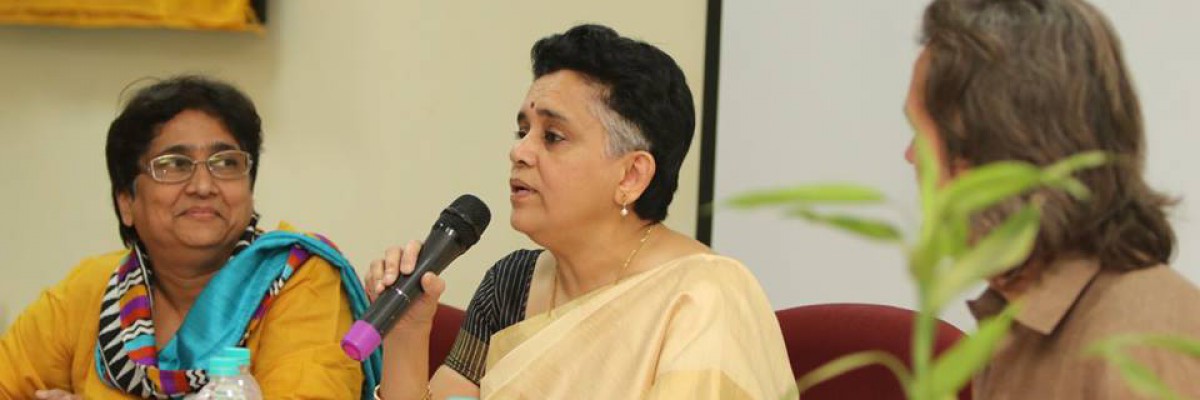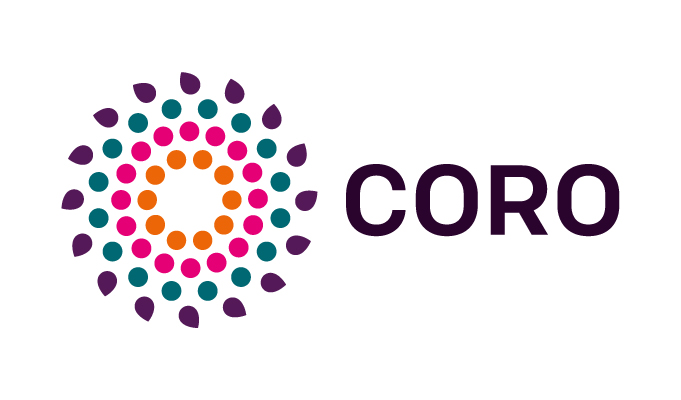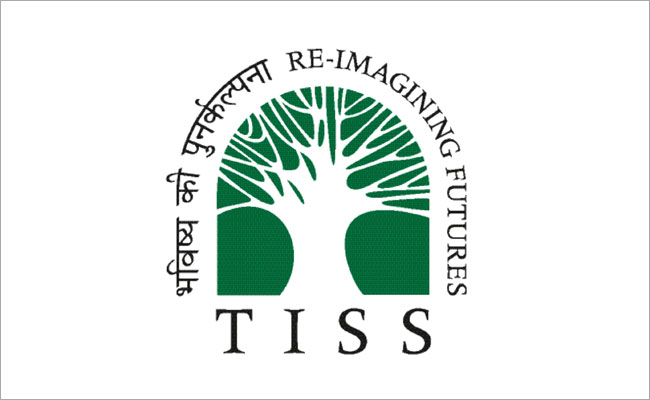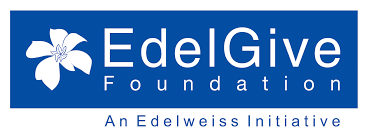
Session 5: Gender, Empowerment & Empowerment
The final session of the workshop continued from the previous themes of gender, rights, and empowerment. The two Gujarati organizations focused on how a community-led movement for the rights of women expanded to a rethinking of how learning and teaching functions in communities. The final presentation reflected on the role of outsiders when working on gender and rights in rural communities.
Presenters:
- Shilpa Vasavada & Gavuben (Working Group for Women and Land Owner’s)
- Neeta Hardiker & Guliben Nayak (Area Networking and Development Initiatives)
- Swarnima Kriti (CDP Ambedkar University Delhi) & Janki Mandavi
Discussant:
Sujata Khandekar (CORO)
“Setting up Community of Practice for Legal Empowerment to Secure Land Rights for Women”
Shilpa Vasavada & Gavuben, Working Group for Women and Land Owner’s (WGWLO)
The Working Group for Women and Land Ownership (WGWLO), is a network of NGOs, CBOs and individuals, working on the issue of agriculture land ownership from livelihood, security, rights and empowerment angle for women. Legal empowerment has been a very important component of WGWLO. The practice of setting up a legal response mechanism through a cadre of paralegal workers trained to identify and respond to claims and engage in policy advocacy has been an arena where the network has developed deep insights.
An informal, unregistered working group of 23 Civil Society Organizations, Community Based Organizations and Development Professionals from Gujarat, WGWLO is engaged in addressing the issue of rural women’s land ownership through a multi-pronged approach. It has been involved to increase women’s ownership of land and undertake advocacy for implementation of laws and legal reform to enable women owning land in their own name. It has a state level network of paralegals that are effectively contributing to ensure land rights for women.
According to WGWLO, the issues of women’s control and ownership over land are influenced by two factors.
1) Social factors like prevalent mindset against women owning land, the social status of women, poor mobility leading to poor skills at managing land etc.
2) Lack of legal empowerment which includes lack of awareness, the absence of enabling factors like access to an entitlement center, insensitive and irresponsive machinery, lack of representation during disentitling process etc.
The work of the WGWLO in ensuring rights of women over private land has tried to address all the above needs. Over periods of several years, it has been able to integrate the issue of women’s land rights in the ambit of several organization’s agenda. The collective efforts of the organizations which have organically grown to encompass the broad 4 pillars of legal empowerment namely creating awareness, creating a mechanism to respond to claims, removing procedural and systemic blocks and making the system sensitive and responsive have thrown some learnings. This paper attempts to capture the following aspects:
1) Identifying specific needs of legal empowerment with respect to women’s land rights.
2) Evaluating various strategies used for addressing legal empowerment need on the issue.
This paper examines the functioning of the network as a Community Of Practice- a concept given by Jean Lave and Etienne Wenger in the 1980s. It is based on the principle that learning is social and comes largely from our experiences in daily life and is not something that is delinked with activities an individual is engaged in. This makes a departure from the thinking that learning is something that individuals do that is the result of teaching.
A community of practice is a group of people who share a common concern- say a set of problems, or interest in a topic and who come together to fulfill both the individual and the group goals. Lave and Wenger give various components essential for a community of practice. This paper captures and critiques the systems and processes at WGWLO that correspond to these principles.
Towards Food Security and Dignity: Collaborative processes of women-led sangathans and ANANDI in Gujarat
Neeta Hardiker & Guliben Nayak, Area Networking and Development Initiatives (ANANDI)
One of the sangathans, or groups, that ANANDI works with in Gujarat is Guliben Nayak’s sangathan, Devgad Sangathan. ANANDI’s initiative of Lokadeep Kendra has helped women with land issues and property rights but also extended their work to a variety of social issues.
Today, if a single woman comes to the sangathan with issues related to her widow’s pension, children’s education, the caretaking of her land - the sangathan is able to resolve all this work. ANANDI envisions a system where the government is looking at these issues from a holistic rights-based perspective - that is not happening today. The sangathan is stepping up to fill that role, and women like Guliben are living proof of this, demonstrating their collective power at the block or government office. Through demonstrations, and a variety of other examples of women acting collectively these women are demanding that the portability of rights happen from the system itself. Ultimately the demand is very simple - life and dignity.
Co-learning Gender - Finding Possibilities of Co-Performance in and through Mardapoti (a village in Chhattisgarh)
Swarnima Kriti, CDP Ambedkar University Delhi & Janki Mandavi
Rural scarcity of water or ‘Pani ke Samasya’ (as articulated in Mardapoti), has two paradigmatic responses. The first response is to look at ‘Pani ke Samasya’ (PkS) as an infrastructural problem (i.e. finding solutions in installing tube-wells, bore-wells, hand pumps etc.) and the second response is to treat water as a commodity (i.e. to buy water). These two stand as the dominant response that the development sector takes in the context of rural spaces. However, along with a group of young women and men in Mardapoti, a village in Chhattisgarh, I looked at PkS as a problem that also impacted women’s lives; women who every-day without fail travel far to fetch water for running the household. Thus we collaboratively “saw” the question of the availability of water as a question of woman’s labor, the gendered division of labor, calling for a need towards en-gendering subjectivities (including male subjectivities) rather than a simple problem of the mere availability/unavailability of a resource or the “distance” at which the resource (here water) is located.
A parallel process was also at work in the village, dominated largely by an apparent gender divide – men and women lived separate(d) lives (especially the young). We initiated a process to trouble this divide. A mixed group was taking shape; a group where young men and women were beginning to ‘talk’ to each other – talk to each other through not simply an exchange of words, but also their practices had entered a conversational loop. A connection between the two parallel processes was forged through insistence on labor. This co-created space of a new ‘connect’ – where young women and men exchanged perspectives as well as their views on existing practices – generated an alternate path/perspective to PkS in the village. Could men’s possible sharing of women’s labor offer us an alternative, was an ongoing question.
We were thus looking for a more sustainable route to be able to respond to PkS. A route that was not only infrastructural; it also took the form of problematizing the strict division of labor that exists in the village. It led in turn to a possible ‘communication’ between women and men - a communication of perhaps lifeworlds too. Alternative subject positions were being formed in the village, for there was sharing of perspectives, of practices of labor. There were also sharing of thoughts, imaginations, perhaps feelings too; a knitting through of relationalities - relations that were beyond amorous, erotic and the sexual yet symbiotic and osmotic.
Our work, on one hand, catered to infrastructural solutions of PkS and on the other co-learnt gender. Our work was on fetching water (hence, not on the source of water or the nearness of the source of water, but on the labor of fetching water). The process of reaching the moment/movement of labor sharing led to a contingent group formation, in which there was also shared creativity. We together wrote a script on experiences of young women’s labor that ‘wrote wrongs’ with a vision to ‘right’ them. We had not only co-created a youth group but also forged a different way of doing gender, inaugurating care. Where the care continuum was not about women taking care of men, which remains the obligatory mode of performance, but this time men caring for women; men; finding ways of co-performance of labor.
Our work offered a different response to the gap in relationality (in our abilities to co-perform and co-create) which is a gendered response. In other words, I along with the group inaugurated the question of ‘sexual difference’, a lens to look at practices in the world; a lens to look at the world. The group and I have introduced the ‘perspective’ of ethics of sexual difference – introduced perspectives of how to ‘share’; rethinking theory of ‘co’ in ‘co-creating’ and ‘co-performance’. We have created a window for a possible dialogue between development and sexuation, introducing a gendered ‘co’ to development. We have thus, re-visited not only development but also practices of development by opening up the question of gender praxis sensitive to instances of sexual difference in the field.



